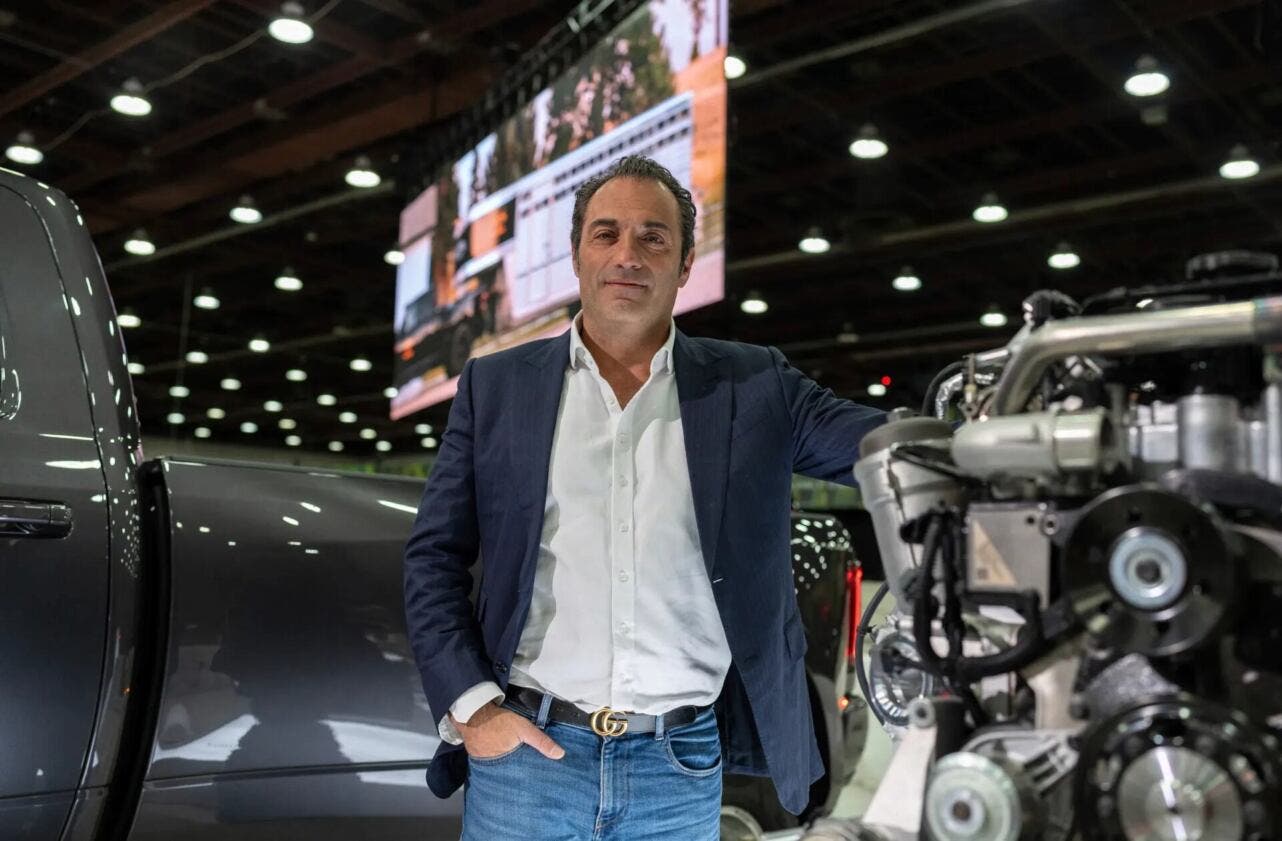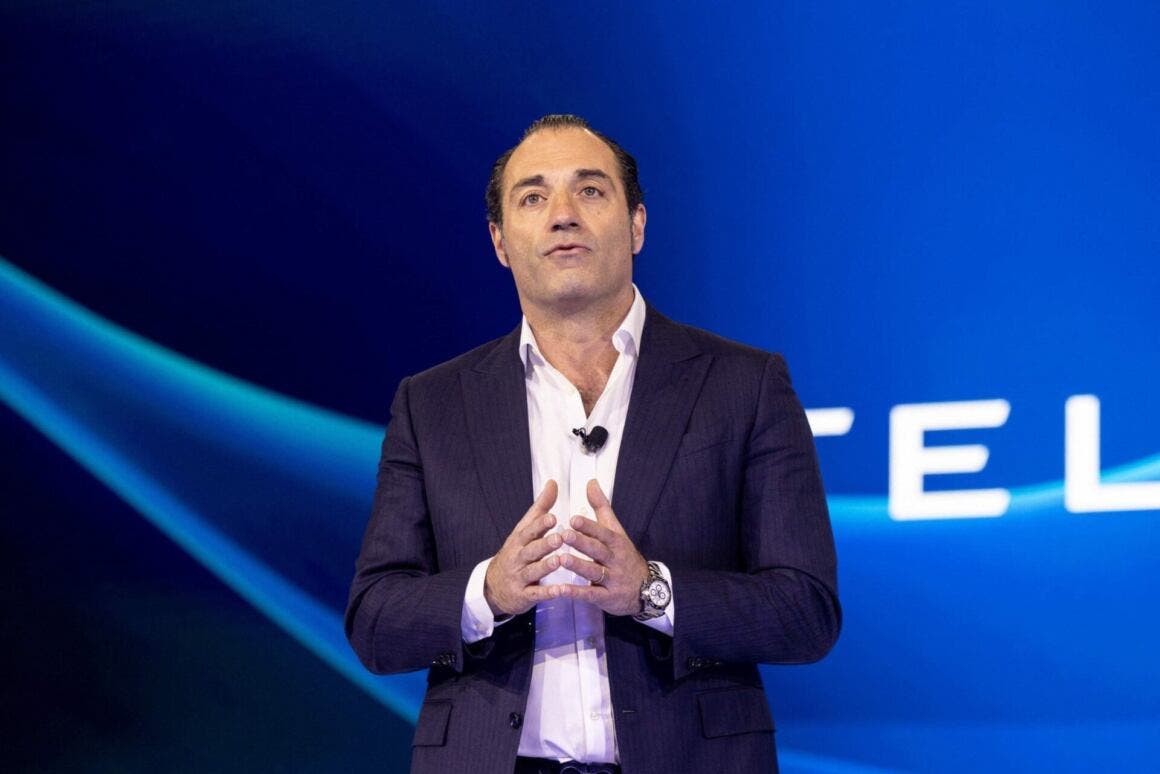Just months into his appointment, Stellantis’ new CEO Antonio Filosa has taken decisive action in the debate over the future of the auto industry in Europe. After shelving the Dare Forward plan, which called for selling only electric vehicles by 2030, Filosa has now labeled the EU’s proposed ban on gasoline, diesel, and hybrid vehicles from 2035 as “unrealistic.”
Stellantis opposes 2035 combustion engine ban: warning from new CEO Antonio Filosa

Following similar positions from BMW and Mercedes, the Italian-French-American group has openly come out against the measure, urging Brussels to show greater flexibility in balancing ecological transition with protecting the industry.
In an interview with Les Échos, Filosa stressed that the goal of reducing CO₂ emissions by 55% by 2030 and eliminating combustion engine sales just five years later cannot be achieved “under current conditions.” The CEO called for corrective mechanisms such as scrappage incentives to accelerate fleet renewal, “supercredits” for small EVs, and broader recognition of the role hybrids can play.
“We must move from strategic dialogue to strategic action, and quickly. Otherwise, the decline of the European auto industry could be brutal,” Filosa warned, urging the European Commission to revise its stance.

The 2035 ban was approved in 2023 amid industry protests, with a review clause set for 2026. But criticism has been mounting for months. Mercedes CEO and ACEA president Ola Källenius has called the target “unattainable,” while BMW has suggested postponing the deadline to 2050. Under this growing pressure, Brussels has already softened some interim targets and, on the sidelines of the Munich Motor Show, is preparing to open a new “strategic dialogue” with automakers.
Filosa also highlighted the fragility of the electrified light commercial vehicle market, still hampered by high costs and weak demand. “The situation threatens tens of thousands of jobs,” he said, pointing to the importance of Stellantis’ Hordain plant in northern France. For this reason, he is calling for a three- to five-year delay in decarbonization targets for the LCV sector to avoid severe social and industrial fallout.
